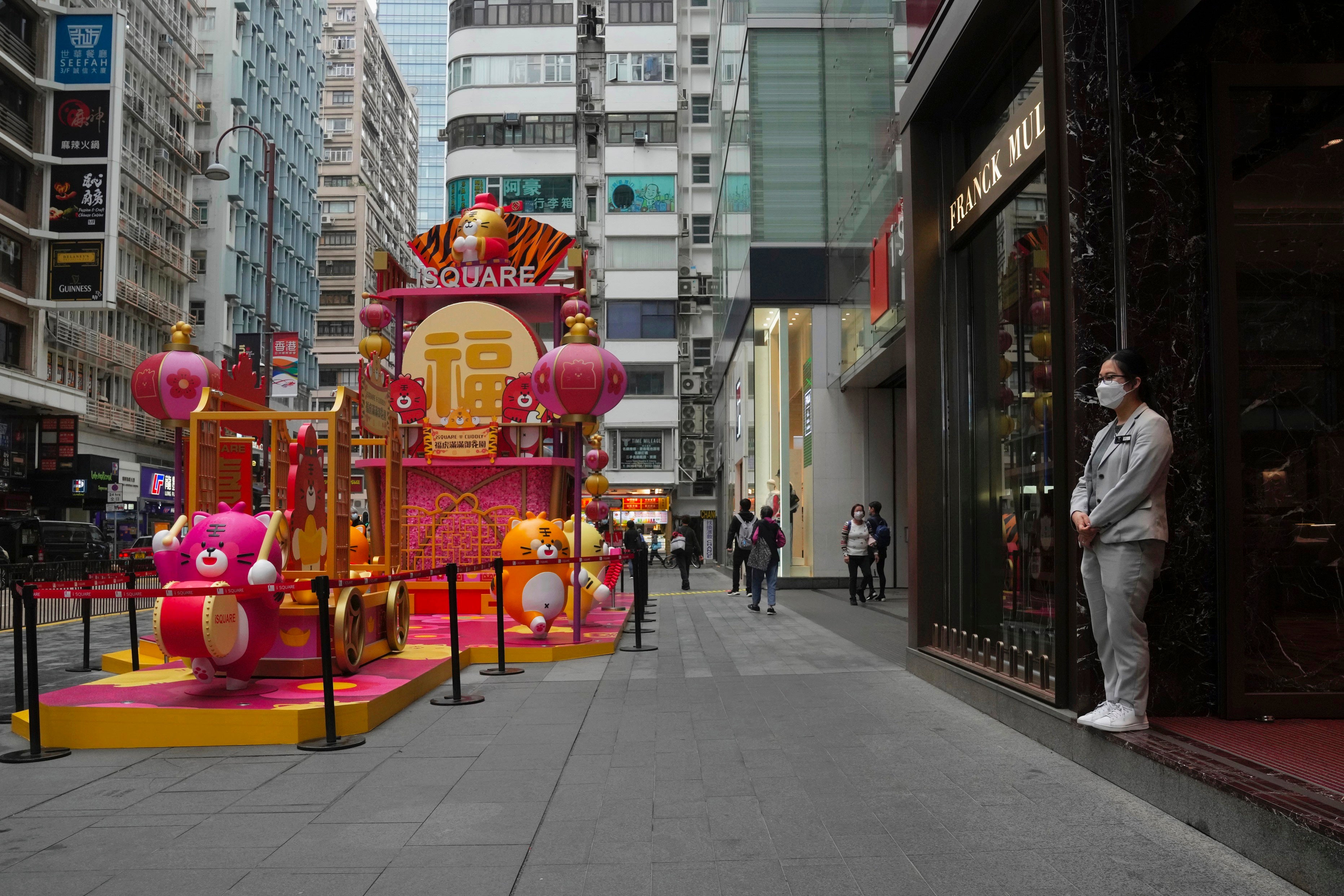Hong Kong cuts foreign arrival quarantine from 21 to 14 days
Hong Kong is cutting the length of mandatory quarantine for people arriving from overseas from 21 to 14 days, even as the southern Chinese city battles a new surge in COVID-19 cases

Hong Kong is cutting the length of mandatory quarantine for people arriving from overseas from 21 to 14 days, even as the southern Chinese city battles a new surge in COVID-19 cases.
Hong Kong is a major hub for business and finance and the tight restrictions on foreign travel had drawn complaints, especially from the large expatriate community.
The relaxation of rules doesn't satisfy calls for a lowering of almost all quarantine requirements, as some countries have done, but represents a break with China and its “zero tolerance" policy toward the virus that still requires all foreign arrivals to isolate for 21 days, has cut key domestic travel links and placed millions under lockdown.
After leaving their quarantine hotels, travelers will still need to remain at home for an additional seven days for self-monitoring.
In-person school classes will remain suspended until Feb. 21 and flight bans from the U.S., Australia, Canada, France, India, Pakistan, the Philippines and Britain where case numbers remain high will be extended until Feb. 18.
Restaurants still need to close at 6:00 p.m., proof of vaccination is required to gain access to many public areas and some apartment buildings remain under lockdown.
Authorities on Friday announced 164 new cases, most of them imported or linked to imported cases.
Carrie Lam the chief executive of the semi-autonomous region, told reporters on Thursday the loosening of quarantine restrictions was “not because of pressure from anybody. It’s just because of science."
She said the change would be unlikely to satisfy the business community, but ruled out a complete opening of borders because “we do not possess the prerequisites for living with the virus."
However, she added that if the vaccination rate reaches the target of 90%, “then that is the moment for us to consider some adaptation to our existing policies."
The new outbreak prompted the city of Shenzhen just across the border in mainland China to tighten rules this week on people arriving from Hong Kong. Starting Wednesday, people arriving from Hong Kong will need to show a negative COVID-19 test result obtained over the previous 24 hours, undergo 14 days of quarantine at a government-designated location and complete seven further days of isolation at home.